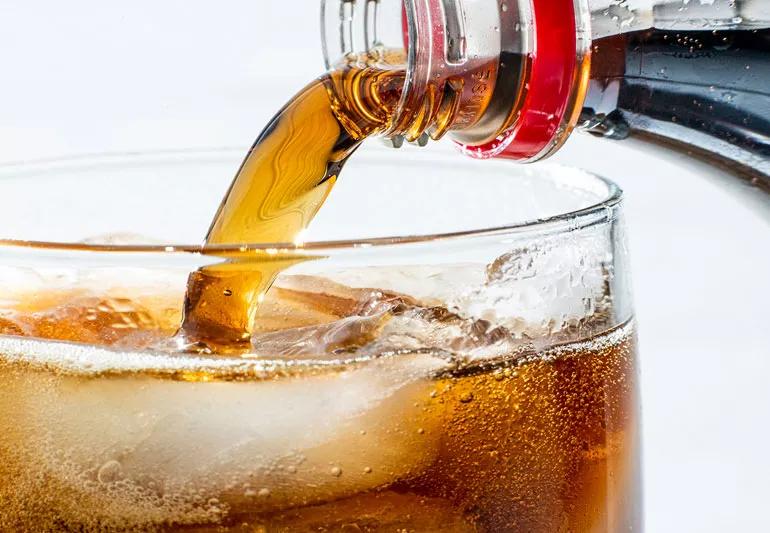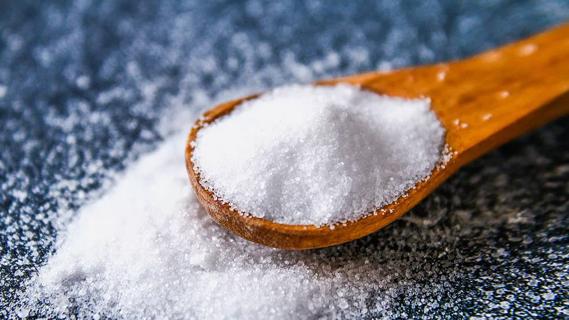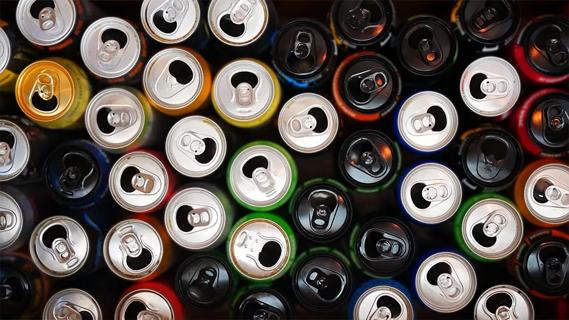Advertisement
Replace sugary drinks with healthier beverages

Kicking your daily soda habit can be difficult, but the cons are enough to help get you started on the journey. Concerns are building about sugary beverages and their association with obesity, diabetes, high blood pressure, high cholesterol and heart disease, according to integrative medicine physician Irina Todorov, MD.
Advertisement
Cleveland Clinic is a non-profit academic medical center. Advertising on our site helps support our mission. We do not endorse non-Cleveland Clinic products or services. Policy
According to an American Heart Association study, consumption of sugar-sweetened drinks was associated with coronary vascular disease mortality and artificially sweetened drinks were associated with cardiovascular disease mortality in the highest intake category only.
“The more regular soda cans per day we drink, the more likely we are to die from heart disease,” says Dr. Todorov. “As for the diet soda users, the risk was observed in heavy users only.”
Is there harm in drinking soda in moderation like one can a day?
Even that amount — even if it is a diet soda — can hurt your health.
An American Diabetes Association study reported that consuming one or more sodas per day compared to none at all increased the risk of metabolic syndrome by 36% and type 2 diabetes by 67%. Moreover, drinking one diet soda per week was linked to a 70% greater risk of diabetes compared to those who didn’t drink diet soda. Currently, around 1 in 10 adults have type 2 diabetes and 1 in 3 have prediabetes.
Don’t even think about reaching for that diet soda, either. Diet soda is notorious for having artificial sweeteners in them, which can contribute to weight gain, increased hunger, diabetes and can even impact your metabolism. Not only that, but one study suggests that diet soda may change how your brain reacts to cravings for food high in calories.
On average, one can of soda can have as much as 39 grams of sugar. The American Heart Association recommends no more than 25 grams of sugar per day for women and no more than 36 grams of sugar per day for men. When you consume soda, you can easily cut it close to your daily sugar recommendations or even go overboard.
“Changing habits is difficult,” says Dr. Todorov. “Instead of concentrating on what you can’t drink, try to put your efforts into what you can.”
To help wean yourself off of your daily soda, try swapping it with a few alternatives:
“If you cannot stop drinking sweetened beverages cold turkey, try to taper off as best you can,” says Dr. Todorov. “If you’re drinking a 20-ounce bottle of soda a day, try a 12-ounce bottle instead. If you’re drinking two sodas a day, try one.”
Advertisement
Learn more about our editorial process.
Advertisement

Xylitol in processed food can increase risk of heart attack and stroke — but there’s no danger in xylitol in oral care products

While it isn’t bad for you, celery juice isn’t the detox phenom it’s claimed to be

Strokes in the left side of the brain are more common and the effects are typically more noticeable

Research shows a strong association between rheumatoid arthritis and heart issues

Juicing cleanses don’t target fat loss — and you’ll lose important nutrients in the process

Excess salt and sodium consumption is a worldwide health concern

Regularly drinking these sugar-fueled, stimulant-laden beverages can increase your risk of adverse health effects

Having underweight, having overweight and having obesity can be dangerous for your heart

Focus on your body’s metabolic set point by eating healthy foods, making exercise a part of your routine and reducing stress

PFAS chemicals may make life easier — but they aren’t always so easy on the human body

While there’s little risk in trying this hair care treatment, there isn’t much science to back up the claims